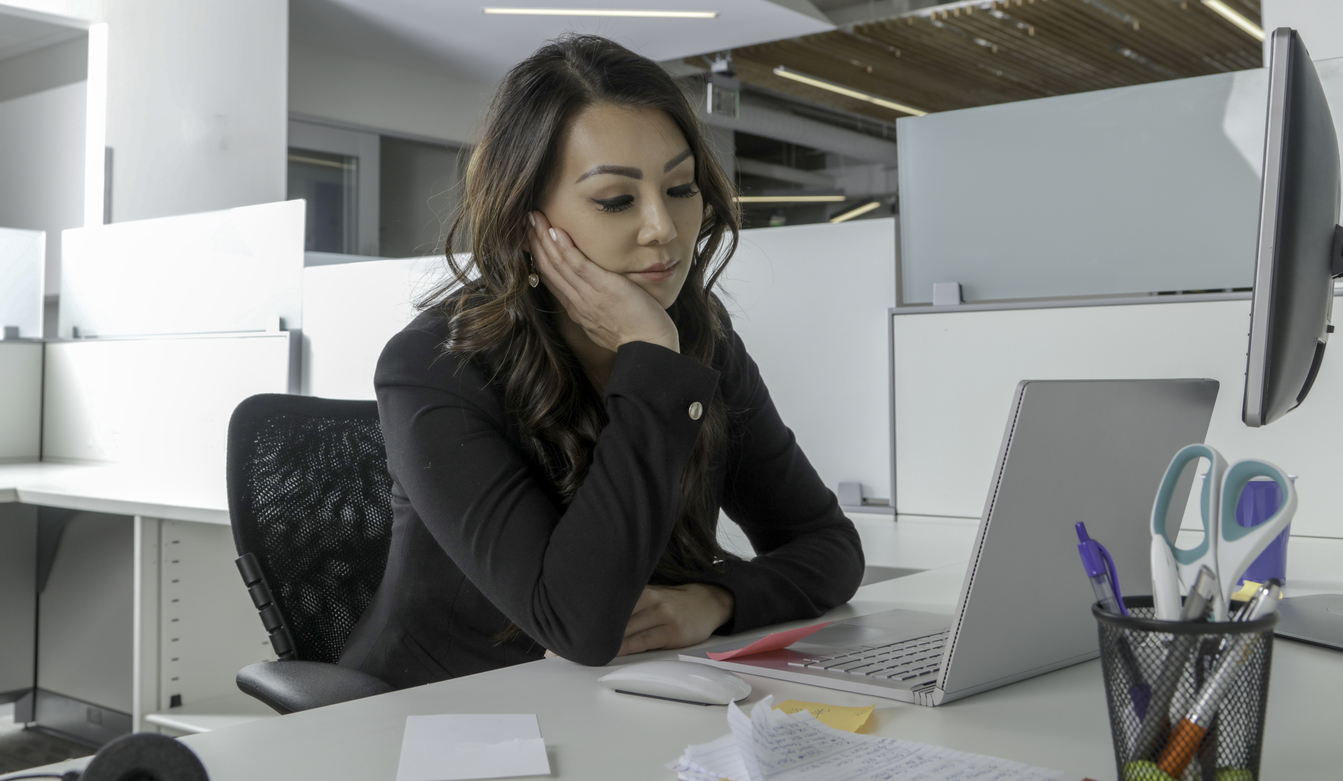What do you think of this article?
By Madison Avenue TMS & Psychiatry - Published on October 24, 2025
Last updated on October 24, 2025

Public awareness of depression as a serious mental health issue has increased over time, a trend that has helped more people seek help from medical professionals. While current figures are hard to come by, federal data suggest that just over 13% of adults in the U.S. used antidepressants from 2015-2018, and there is evidence that usage since then is increasing, particularly among young people.
When they work as intended, antidepressants help patients improve their mood and outlook, rediscover motivation for daily tasks and hobbies, and experience fewer symptoms. Typically, antidepressants succeed at reducing symptoms for between 40% and 60% of patients. Yet a recent study in the U.K. found that nearly 75% of respondents self-reported that selective serotonin reuptake inhibitors (SSRIs) made them feel better, against just 18.8% who said they were not helpful.
And yet, some people who use them report that antidepressants make their depression worse.
While there is scant evidence to support that claim outright, antidepressants are like any other medication in that they bring side effects and produce different results for different people. Physicians prescribe them only after carefully weighing the patient’s mental health needs against many other factors, and they often make adjustments or changes based on whether they are proving effective at alleviating symptoms.
Why Antidepressants Sometimes Fail
The truth is that antidepressants can make you feel worse at first due to side effects that usually improve over time such as:
- Weight gain or loss, due to changes in appetite
- Sexual side effects, including loss of libido
- Fatigue
- Insomnia
Antidepressants are also known to sometimes make anxiety spike, possibly because serotonin activates the release of a hormone associated with the body’s “fight or flight” response, even when there is no threat. This, too, is usually a temporary side effect.
There are other possible problems that may make patients feel like their antidepressants are making things worse:
- Alcohol use. Drinking can interfere with the medication and its benefits, worsening depression and anxiety.
- The dose is too low. If the dosage of your antidepressant is too low, you may experience no relief from depressive symptoms or feelings of hopelessness, with no improvement even after months on the drug.
- The dose is too high. If your dose is too strong, you may experience symptoms such as excessive fatigue, GI issues, changes in heart rate, or feeling numb or detached.
- Wrong type of antidepressant. A lack of improvement after sustained usage may also indicate a need to try a different medication — or even a different class of antidepressant, such as a serotonin-norepinephrine reuptake inhibitor, or SNRI.
In addition, sometimes antidepressants don’t work, or stop working, a condition known as antidepressant tolerance. When patients see no improvement after a sufficient regimen of antidepressants and psychotherapy, it’s called treatment-resistant depression (TRD) — a condition we specialize in here at Madison Avenue TMS and Psychiatry and which we outlined in a previous blog.
What to Do If Antidepressants Aren’t Working
It’s important to remember that it can take weeks or months for antidepressants to take effect and that every person’s experience using them differs. So giving them adequate time before rendering judgement about whether they are working is important.
If your antidepressants aren’t working, talk with your doctor or psychiatrist about what’s happening to find the best course of action. It could be as simple as adjusting your dosage, or it may involve trying a new medication to see if it works better for you.
Or, if you have TRD, you may be a good candidate for transcranial magnetic stimulation (TMS) or Spravato, an FDA-approved nasal spray, both of which we provide here in our Manhattan office. Call us at 212-731-2033 to learn more about available options.




